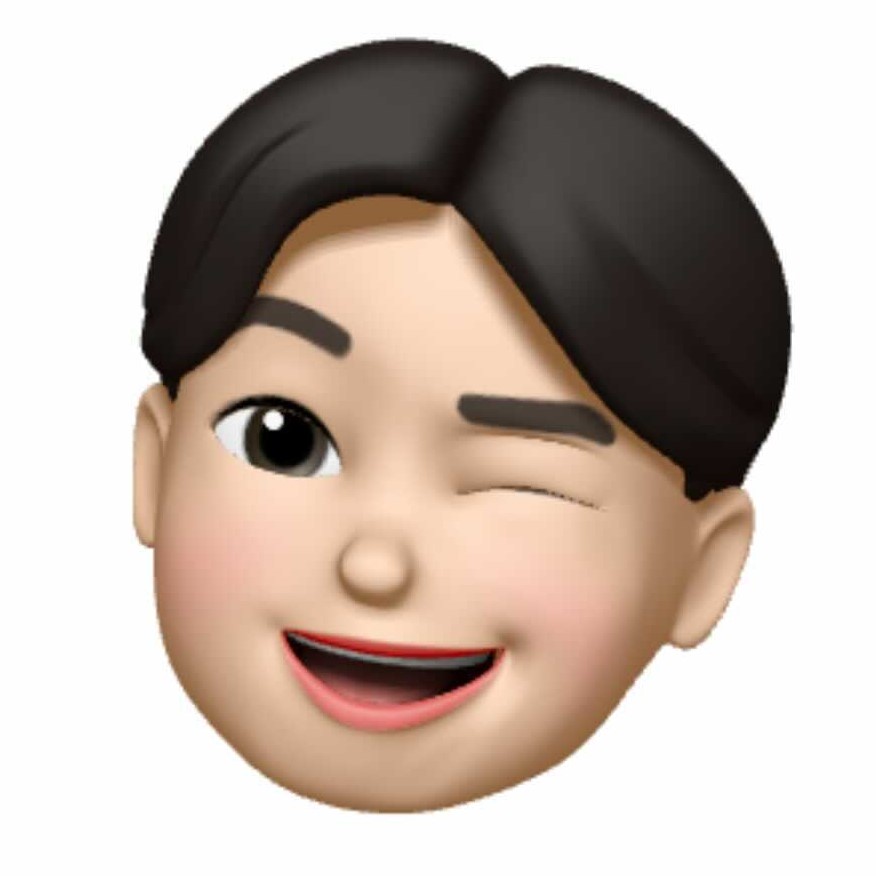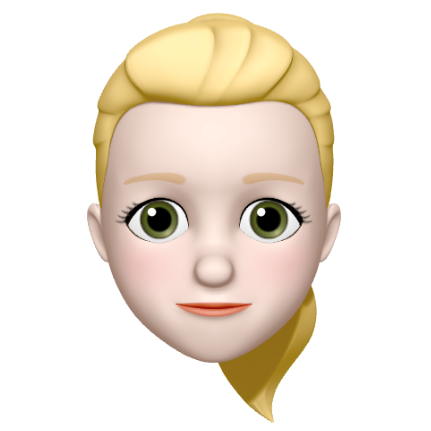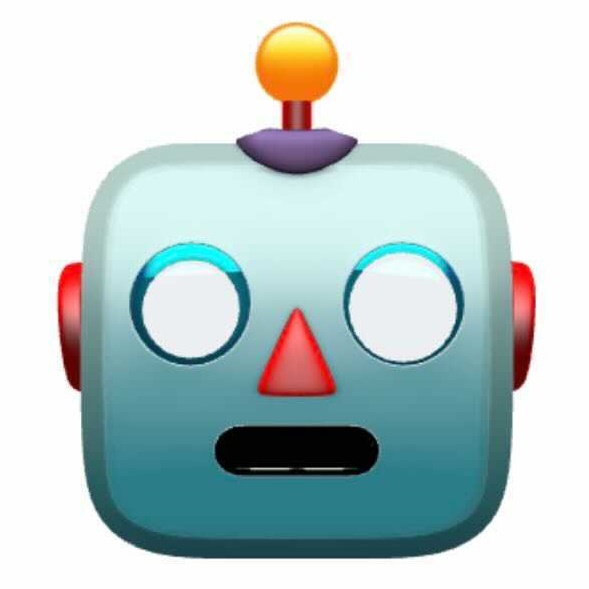
Humans have existed for a really long time, about 200,000 years according to the quick search I just did. It’s a crazy number to think about. It’s so long ago that I often find myself wondering about what life could have been like even 20,000 years ago, before the widespread discovery of farming.
We’re at a weird point in human history. The last 2,000 years have ushered in all sorts of discoveries, inventions, and world-changing events. The rate of scientific progress and the rate at which the world changes seems to only be getting faster and faster. We can see this in the last 50 years alone, looking at how far we’ve come with technology. But, in the past, there were really long periods of time where things were pretty much exactly the same.
For the longest time, humans lived in small societies that can be called ‘tribes’. These tribes were probably up to about 150 people in size. There’s a theory that this is about the maximum number of people a single person can become fairly familiar with at one time. The theory says that if a group becomes larger than this, then each member cannot become familiar enough with everyone in the tribe. Familiarity, trust, and cooperation were all very important during the hunter-gatherer era, because it was a dangerous time for everyone. Whereas these days we can just go to our nearest convenience store to buy our dinner, back in the hunter-gatherer era people would have to either hunt animals for food (hunter), or find food that grew naturally (gatherer).
What’s so interesting to me about this point in history is that while the environments, lives and cultures of hunter-gatherers were so different compared to those of us in the 21st century; they did have some things that we still have to this day. Those are… the human body and the human brain.
If your beliefs follow the theory of evolution, then you can say that your body and your brain are the product of millions of years of evolution. Our bodies and minds should therefore reflect what was beneficial for them during the hunter-gatherer era. For example, you could say that humans are so social because it was beneficial for hunter-gatherers to form groups and survive together back then. You could say that we have an immune system because if we didn’t, we’d all be destroyed by disease.
So, if things like that are reflections of that era, then what else about us is? How about the nature of our relationships? Or how we laugh? Or the way so many people hate spiders? In my opinion it’s really fun to try and imagine these things in relation to evolution and hunter-gatherer era humans. I wander how many questions we could answer if we knew more about people who lived in those times.
Because the hunter-gatherer era was so long ago, it can be difficult to find evidence of what life was actually like during that time. I think it would be amazing if I could see back far enough into the past to get a real look at what a day in the life of a typical hunter-gatherer tribe was like.
Thomas
Vocabulary
widespread (adj.) – found over a large area or number of people
usher in (phr. verb) – to bring or carry in; present
for the longest time (exp.) – for a very long time
reflect (verb) – to represent something; to show
a day in the life of (exp.) – an average day for a certain type of person
ネイティブ講師と話すならこちら!
英語学習をフルサポート!
マンツーマン&コーチングの英会話教室




















